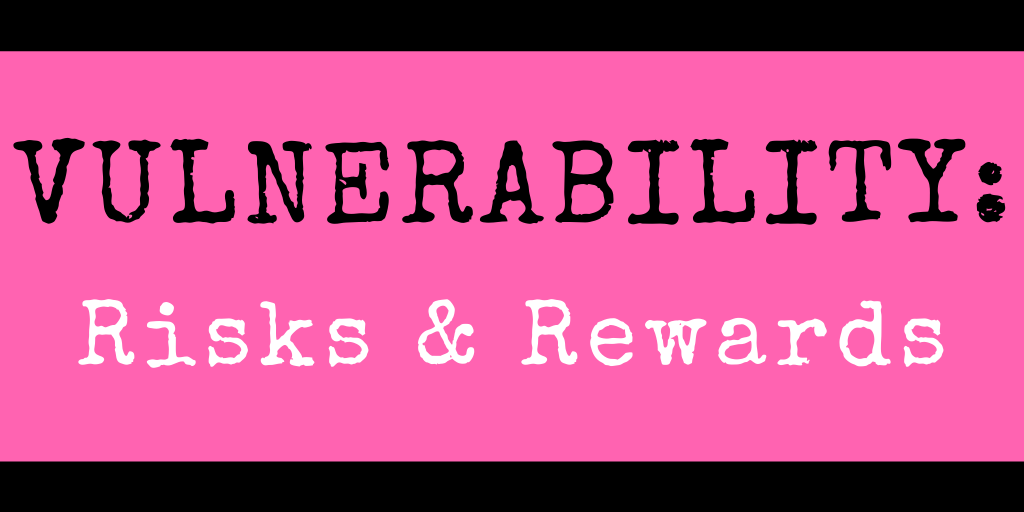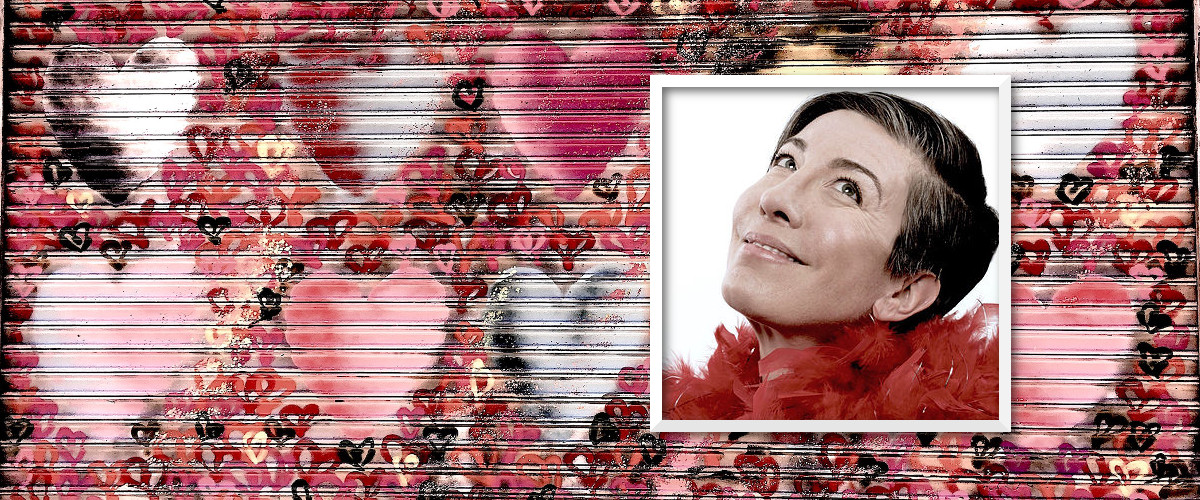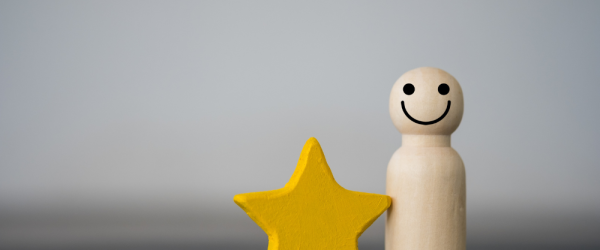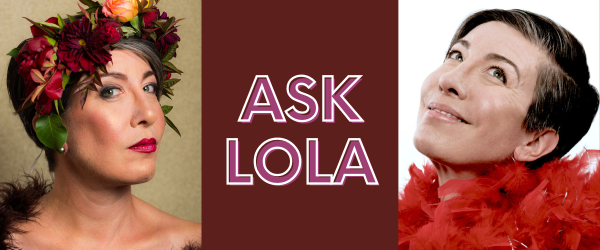“Vulnerability” is a popular topic these days. This month, I thought we might take a look at why it can be desirable to open up and show our authentic selves to others — while also acknowledging the very real risks involved, especially on cam and in other forms of sex work.
What Is Vulnerability?
In psychology, the definition of vulnerability is the willingness to take emotional risks. Vulnerability stands in opposition to emotional reticence, acting as though one is invincible, shut down or indifferent. In any given social situation, we might operate along a spectrum of emotional availability, making adjustments depending on how safe we feel. Most of us aren’t vulnerable all the time. For example, while on cam, you might decide to keep personal shares to a minimum, while letting friends and relatives see “the real you.”
The benefits of vulnerability begin with living whole-heartedly from a deep-seated sense of worthiness, in knowing that we don’t have to be perfect or perform a false front to be loved. (I’m borrowing heavily from “The Power of Vulnerability” TED Talk by researcher Brené Brown, which I encourage you to check out in full here.)
The practice of vulnerability also teaches us to be compassionate to ourselves and others. Perhaps most importantly, daring to be vulnerable helps us break free from the bonds of shame and fear, allowing us to more directly and whole-heartedly access joy, creativity, authenticity, and connection. As Brown states so beautifully, “Every time we choose courage, we make everyone around us a little better and the world a little braver.”
Vulnerability can take many forms. Here are just a few examples:
— Letting someone know that we’re struggling financially
— Talking about how we feel about our bodies or revealing our sexual desires
— Sharing our hopes and dreams
— Expressing love, envy, fear, or guilt
— Telling stories of painful events from the past
It’s not hard to see why many of us hesitate to share these things, since that carries the very real risk of embarrassment, rejection, or having our tender hearts ignored. Even if other people don’t react badly, we might still feel awful about ourselves after a candid moment: exposed, ashamed, or exhausted. This phenomenon is what’s known as a “vulnerability hangover.” Andria Park defines it as “the gut-wrenching feeling that happens the moment we get real about who we are, what we want, and how we express it.”
The self-care move is to realize that although we have zero power over how others react to our realness, at least we don’t have to beat ourselves up.
Cures For A Vulnerability Hangover
The first thing — and this is key — is to not catastrophize. Whenever we show tender sides of ourselves, fear often comes rushing in afterwards: “Why the hell did I do that last night?” “What if she thinks I’m a dork/loser/horrible person?” “Is everyone gossiping about me behind my back?”
The practice in this case is to take a step back and recognize that you’ve gone straight to the negative. As an alternative, try allowing for a wide range of possible outcomes — life is rarely black-and-white, and things are rarely as bad as we fear. Furthermore, never forget that you have the choice to retreat from anyone who doesn’t treat you well. You deserve to have your genuineness met with kindness.
What if you’ve said something on cam that you now regret, revealing a side of yourself that you don’t usually let your fans see? Now is an excellent moment to spend some time thinking about who you’d like your online persona to be. Perhaps you want to explore being more vulnerable on cam, to see if that draws fans closer to you. Or perhaps this event will incentivize you to be more discreet in the future. Either way, this can be an excellent moment for self-discovery.
Next is to remember why you chose to share what you did. The desire to be seen and accepted just as you are is key to living an authentic life. Congratulate yourself on your emotional honesty, and be sure to self-soothe. I offer practical advice on how to manage overwhelming emotions here.
Finally, understand that vulnerability gets easier with practice. This is true for many reasons. We tend, over time, to attract people capable of unconditional love and acceptance. We weed out the folks who aren’t. And we learn that if we don’t always get the exact response we crave, it isn’t the end of the world. It might hurt, it might disappoint, but it sure beats living a lie.
As Brown says, getting more comfortable with being uncomfortable, recognizing that nothing is certain and understanding that despite all our flaws, we are lovable and enough, makes our lives braver and better.
Until next time, be sweet to yourself.
Lola D.

—
Lola Davina is a longtime veteran of the sex industry and author of Thriving in Sex Work: Sex Work and Money, her followup to the formative Thriving in Sex Work: Heartfelt Advice for Staying Sane in the Sex Industry. You can get the audio version of Sex Work and Money via Awesound here. Contact Davina at Lola.Davina@ynotcam.com and visit her on Twitter at @Lola_Davina.
Image of Lola Davina courtesy Pat Mazzera.









